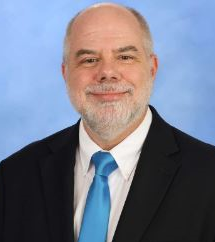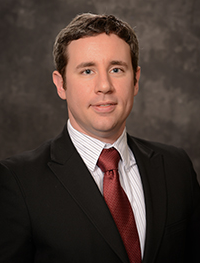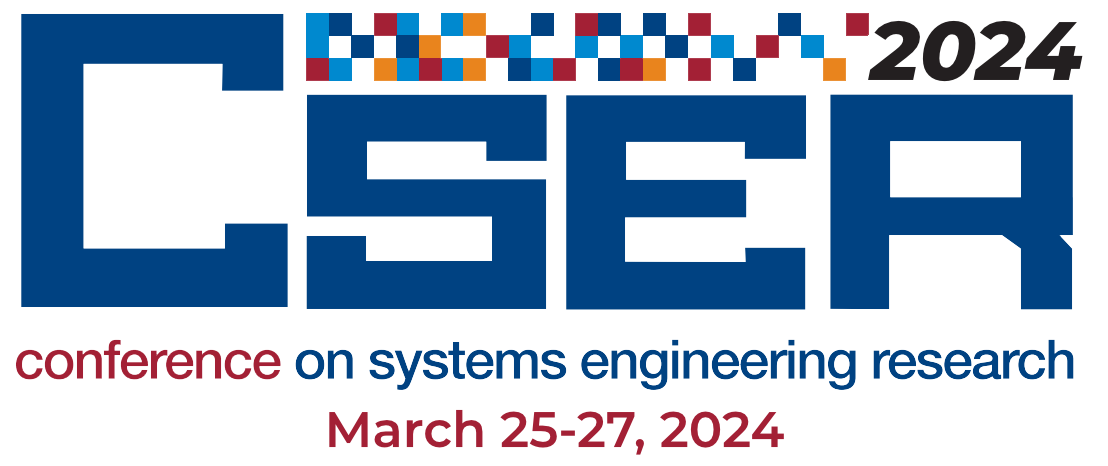Taking place on the afternoon of Wednesday, April 3, 2019, the panel will feature former National Science Foundation (NSF) program directors discussing systems engineering research.
Dr. Christina Bloebaum – Dean, College of Aeronautics and Engineering, Kent State University
Bio: Christina Bloebaum started as Dean of the College of Aeronautics and Engineering August 1, 2018. Prior to starting at Kent State, Dr. Bloebaum held the Dennis and Rebecca Muilenburg Professorship of Aerospace Engineering at Iowa State University. She joined Iowa State University in 2012. While at Iowa State, she served in various administrative positions including Director of the Iowa Space Grant Consortium. Prior to that time, she was the Program Director for the Engineering and Systems Design (ESD) and System Science (SYS) programs at the National Science Foundation from 2009-2012. She was on leave from the University at Buffalo, where she had been a member of the faculty, holding numerous administrative and research positions, since 1991. Professor Bloebaum’s present research area is in the design of large-scale complex engineered systems. She spent much of her career looking at challenges in the Multidisciplinary Design Optimization (MDO) field – developing new optimization, visualization, and tradespace methodologies for these inherently complex systems. She has most recently been engaged in research on new value-based systems engineering frameworks built upon the rigorous foundations of Decision Analysis, MDO and Value Driven Design (VDD).
Professor Bloebaum is the 2012 recipient of the American Institute of Aeronautics and Astronautics (AIAA) Multidisciplinary Design Optimization Award and a Fellow of the AIAA. She was the recipient of the SUNY Chancellor’s Award for Excellence in Teaching, was honored for Notable Contributions to Teaching and Learning at UB, was recognized by the SUNY Research Foundation for Excellence in Research, and was named a Visionary Innovator by UB’s office of technology transfer. She was the recipient of the first UB Chair for Competitive Product and Process Design while establishing the New York State Center for Engineering Design and Industrial Innovation (NYSCEDII), for which she was the Executive Director. Professor Bloebaum was recipient of the prestigious NSF Presidential Faculty Fellow Award. Professor Bloebaum has graduated 14 Ph.D. students, over 70 M.S. students, and has had over $10 Million in research funding.

Dr. Paul D. Collopy, Professor, Industrial & Systems Engineering and Engineering Management, University of Alabama – Huntsville
Bio: Dr. Collopy was appointed Professor and Chair of the Industrial and Systems Engineering and Engineering Management Department at UAH in 2013. In addition to his work in academia, his career background includes leadership roles with the National Science Foundation and the Value-Driven Design Institute, and engineering positions with Procter & Gamble, Morton Thiokol, and GE Aircraft Engines.
Dr. Collopy is credited as the original developer of economic-based technology value models, and served as the lead advisor to the DARPA System F6 program for its Value-Centric Design for Adaptability technology pillar. Co-inventor on two patents and author of more than forty papers, Dr. Collopy speaks around the world about the design of large complex systems. He has been licensed as a professional engineer since 1981.
Dr. Collopy served as Technical Program Chair of the 14th Conference on Systems Engineering Research, which was hosted by the UAH Industrial & Systems Engineering and Engineering Management department in March 2016. Dr. Collopy is a member of the Research Council of the Department of Defense Systems Engineering Research Center.

Dr. Chris Paredis, BMW Endowed Chair, Systems Integration, Clemson University
Bio: Dr. Chris Paredis joined the Automotive Engineering faculty of Clemson University in January 2018 as the BMW Endowed Chair in Systems Integration. Previously, he served on the Mechanical Engineering faculty at Georgia Tech (2002-2017), as Program Director at the National Science Foundation (2014-2016) in the areas of systems engineering and design (ESD, SYS, and DEMS—currently the EDSE program), and as research scientist in the Institute for Complex Engineered Systems at Carnegie Mellon (1996-2002).
Dr. Paredis’ research focuses on systems engineering and design. His work combines aspects of decision theory, information technology, simulation, and systems theory to support the design of complex engineered systems. In particular, he has contributed to the area of Model-Based Systems Engineering, with a focus on integration between system descriptive models (e.g., in SysML) and predictive analysis models (e.g., in Modelica). Complementary to MBSE, is a focus on decision theory and, in particular, value of information theory. He has recognized that systems engineering and design can be considered as an information gathering process, in which specification and prediction models are gradually refined in search of system alternatives that promise to be most valuable. Value of information theory helps engineers identify the most valuable information sources at each stage in the development process.
Dr. Paredis is a Fellow of the ASME and has served in several leadership roles within the ASME community. He is past Chair of the ASME Computers and Information in Engineering Division, and has served as Conference Chair for the 2007 Computers and Information in Engineering Conference (CIE’07). Dr. Paredis currently serves as co-Editor of the ASME book series, Advances in Computers and Information in Engineering Research.
Dr. Paredis is also very active in the systems engineering community. He was a co-author of the INCOSE “Systems Engineering Vision 2025—A World in Motion” (2014) and he served as the Conference Chair for the 2013 Conference on Systems Engineering Research (CSER’13).

Dr. Richard J. Malak Jr., Associate Professor and Morris E. Foster Faculty Fellow, Department of Mechanical Engineering, Texas A&M University
Bio: Dr. Malak holds an academic appointment in the Department of Mechanical Engineering at Texas A&M University where he is Associate Professor and holder of the Gulf Oil/Thomas A. Dietz Career Development Professorship I. His research interests include decision making in systems engineering and computational methods for supporting engineering and systems design. From August 2016 through January 2019, Dr. Malak was on leave from Texas A&M while serving as a Program Director in the Division of Civil, Mechanical and Manufacturing Innovation (CMMI) at the U.S. National Science Foundation. He holds a BS in Electrical Engineering from SUNY Stony Brook, an MS in Electrical and Computer Engineering from Carnegie Mellon University, and MS and PhD degrees in Mechanical Engineering from the Georgia Institute of Technology.

